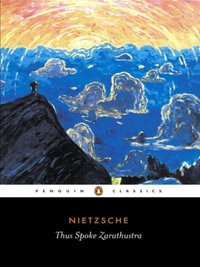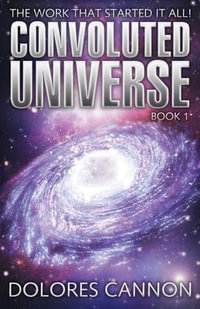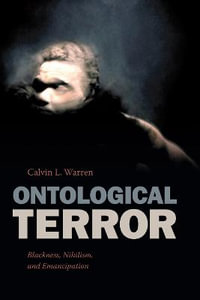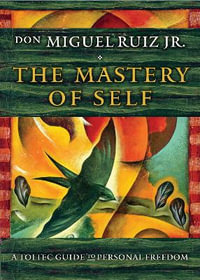Over the last two decades, debates over the viability of commonsense psychology have been center stage in both cognitive science and the philosophy of mind. Eliminativists have argued that advances in cognitive science and neuroscience will ultimately justify a rejection of our "folk" theory of the mind, and of its ontology. In the first half of this book Stich, who was at one time a leading advocate of eliminativism, maintains that even if the sciences develop in the ways that eliminativists foresee, none of the arguments for ontological elimination are tenable. Rather than being resolved by science, he contends, these ontological disputes will be settled by a pragmatic process in which social and political considerations have a major role to play. In later chapters, Stich argues that the widespread worry about "naturalizing" psychological properties is deeply confused, since there is no plausible account of what naturalizing requires on which the failure of the naturalization
project would lead to eliminativism. He also offers a detailed analysis of the many different notions of folk psychology to be found in philosophy and psychology, and argues that simulation theory, which purports to be an alternative to folk psychology, is not supported by recent experimental findings.
Industry Reviews
"Stich's argument, presented in the first chapter, will surely become a classic essay in the study of mind....Surely ought not to be missed."--Choice
"Deconstructing the Mind promises to be one of the most fascinating and interesting books in the philosophy of mind in recent years."--John R. Searle, University of California-Berkeley
"This book is a delight. Written with Stich's inimitable style and verve, it throws a great deal of light on burning issues about the mind."--Michael Devitt, University of Maryland at College Park
"Stich is one of the clearest writers on the philosophical scene today. He has a rare gift for expounding the opposition's position better than they do themselves. Taken together with an inspiring willingness to reassess his own positions, these virtues generate a book that does more than deliver the probing arguments we have come to expect from Stich, they produce a role model for young philosophers."--Robert Cummins, University of Arizona
"This is an important new book. Belying his title, Stich deconstructs the deconstruction, minutely examining the case for eliminative materialism and finding it feeble. However, his positive project is not to vindicate the mind. Rather, it is to explore anew the relations between folk theories, reference, existence, and the justification of existence claims. Stich's discussion of these matters is very rich; it includes, among many other things, the best
investigation I know of the reasons why some theoretical entities are reduced under theory replacement while others are eliminated."--William G. Lycan, University of North Carolina at Chapel Hill
"Stich's argument, presented in the first chapter, will surely become a classic essay in the study of mind....Surely ought not to be missed."--Choice
"Deconstructing the Mind promises to be one of the most fascinating and interesting books in the philosophy of mind in recent years."--John R. Searle, University of California-Berkeley
"This book is a delight. Written with Stich's inimitable style and verve, it throws a great deal of light on burning issues about the mind."--Michael Devitt, University of Maryland at College Park
"Stich is one of the clearest writers on the philosophical scene today. He has a rare gift for expounding the opposition's position better than they do themselves. Taken together with an inspiring willingness to reassess his own positions, these virtues generate a book that does more than deliver the probing arguments we have come to expect from Stich, they produce a role model for young philosophers."--Robert Cummins, University of Arizona
"This is an important new book. Belying his title, Stich deconstructs the deconstruction, minutely examining the case for eliminative materialism and finding it feeble. However, his positive project is not to vindicate the mind. Rather, it is to explore anew the relations between folk theories, reference, existence, and the justification of existence claims. Stich's discussion of these matters is very rich; it includes, among many other things, the best
investigation I know of the reasons why some theoretical entities are reduced under theory replacement while others are eliminated."--William G. Lycan, University of North Carolina at Chapel Hill

























